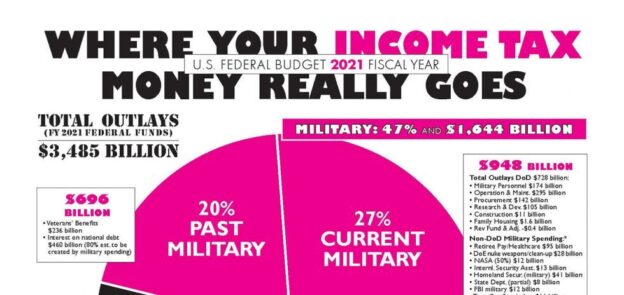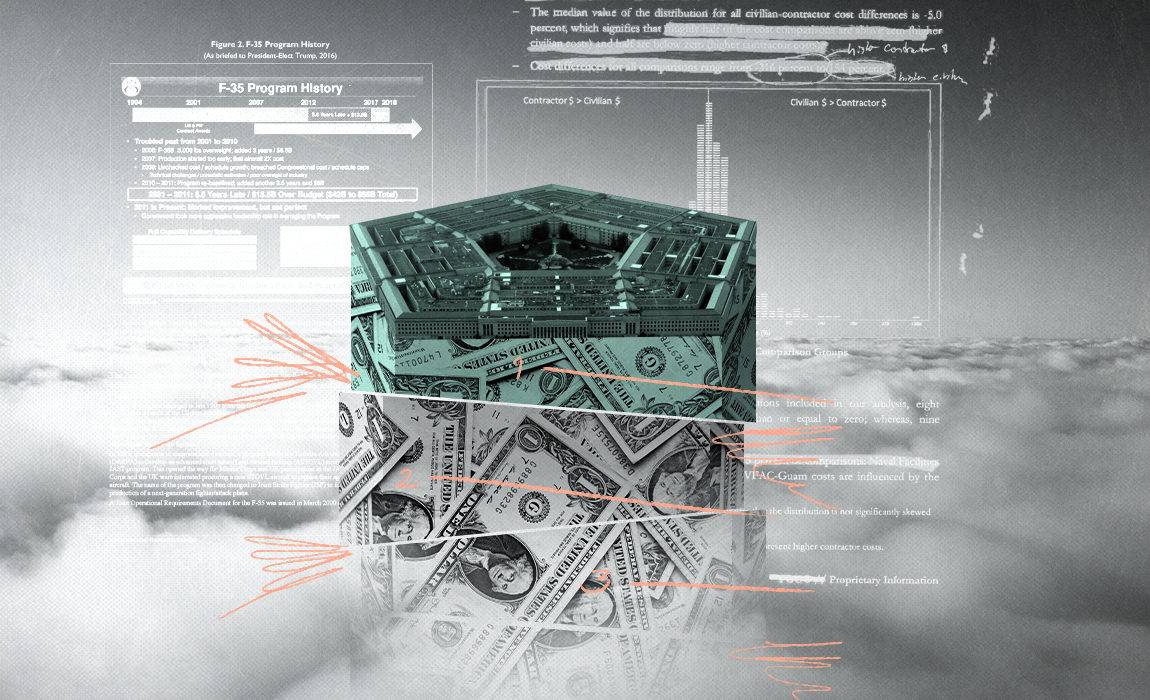And yet the United States never imagines that this kind of spending could ever be seen by other countries as threatening. In requesting even more money for his region, the head of the Indo-Pacific Command, Adm. Philip S. Davidson, remarked on China’s increases in defense spending: “I cannot for the life of me understand some of the capabilities that they’re putting in the field unless it is an aggressive posture.” But the fact that Washington is spending more on the military than it did at the height of the Vietnam War (even accounting for inflation) should threaten no one?
In any case, the size of military spending is a misleading indicator of strength. Far more important are the objectives sought and the political-military strategy used to achieve those objectives. The United States has probably outspent the Taliban 10,000 to 1 in Afghanistan. And yet Washington has been unable to achieve its objective there — ensuring that the Kabul government rules the country uncontested. If the United States defines its goals carefully and assembles an intelligent and consistent political and military strategy to achieve them, it can succeed. Without that, millions of troops and trillions of dollars will not guarantee victory. Bigness is not a substitute for brains.
Consider two contrasting exercises of power. The United States’ F-35 fighter jet program, bedeviled by cost overruns and technical problems, will ultimately cost taxpayers $1.7 trillion. China will spend a comparable amount of money on its Belt and Road Initiative, an ambitious set of loans, aid and financing for infrastructure throughout the world, aimed at creating greater interdependence with dozens of countries that are important to Beijing. Which is money better spent?
The Pentagon operates in a realm apart from any other government agency. It spends money on a scale that is almost unimaginable — and the waste is, too. Every government agency is required to audit its accounts, but for decades, the Pentagon simply flouted this law. In 2018, it finally obeyed, paying $400 million for 1,200 auditors to examine its books, yet it still could not get a clean bill of health. As writer Matt Taibbi noted in a brilliant 2019 exposé of Pentagon accounting, the auditors “were unable to pass the Pentagon or flunk it. They could only offer no opinion, explaining the military’s empire of hundreds of acronymic accounting silos was too illogical to penetrate.” The Defense Department has failed to pass two more audits since then.
Having spent two decades fighting wars in the Middle East without much success, the Pentagon will now revert to its favorite kind of conflict, a cold war with a nuclear power. It can raise endless amounts of money to “outpace” China, even if nuclear deterrence makes it unlikely there will be an actual fighting war in Asia. Of course, there might be budget wars in Washington — but those are the battles that the Pentagon knows how to win! “
Fareed Zakaria writes a foreign affairs column for The Post. He is also the host of CNN’s Fareed Zakaria GPS and a contributing editor for the Atlantic.Follow
More information on US arsenal, bases and spending :







